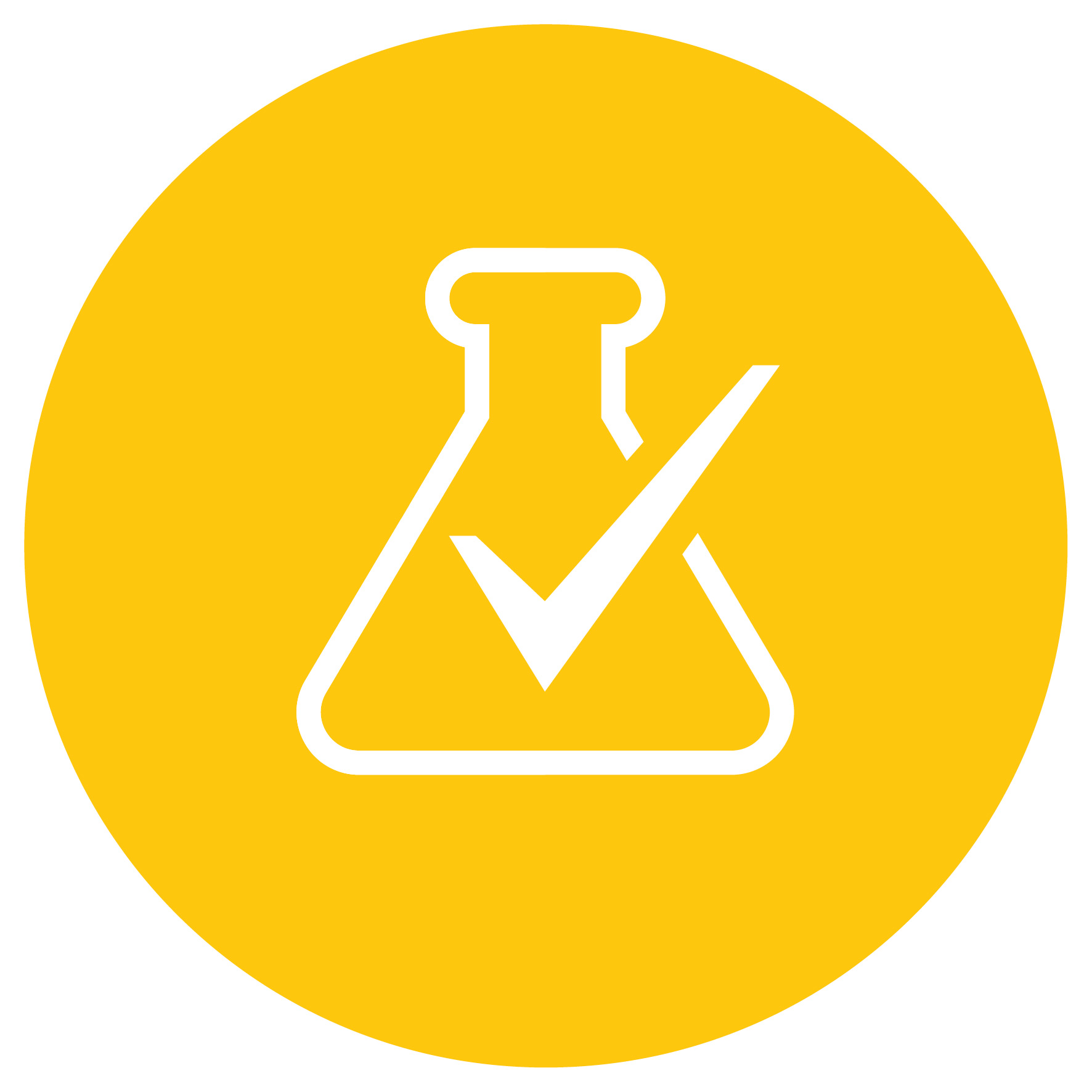MU Tendenze Sostenibilità
The 5 Value Pillars
Summary Description
Pillar 1: CLIMATE ACTION
Actions to fight climate change and its impacts on the planet and the industry.
Renewable energy
Energy from renewable sources accounts for most of the company’s energy use.
Carbon neutrality target
GreenHouse Gases (GHG) emissions reduction projects or compensation actions.
Lower climate impact materials
Use of materials with a lower GHG footprint, such as biobased fibres, locally sourced fibres or sustainably grown fibres.
 Pillar 2: CHEMICAL SAFETY
Pillar 2: CHEMICAL SAFETY
Actions to reduce the chemical risk for human health and the environment.
Responsible chemistry in agriculture
Materials with no use of hazardous chemicals in agriculture and breeding compliant with leading standards RSL.
Responsible chemistry in manufacturing
Materials with no use of hazardous chemicals in manufacturing, compliant with leading industry standards RSL.
Chemical management compliance
Adoption of responsible chemical management systems compliant with leading standards such as ZDHC, Bluesign, Oekotex Step, 4sustainability.
 Pillar 3: BIODIVERSITY CONSERVATION
Pillar 3: BIODIVERSITY CONSERVATION
Actions to ensure the conservation and restoration of ecosystems and animal welfare protection.
Responsible forest management
Use of materials from responsibly managed forests, claims supported by certifications or relevant trademarks.
Cruelty-free / sustainable breeding
Use of materials produced without cruel practices on animals and coming from sustainable breeding systems.
Organic / regenerative agriculture
Use of materials from regenerative and organic agriculture.
 Pillar 4: CIRCULAR ECONOMY
Pillar 4: CIRCULAR ECONOMY
Actions to favour products’ recycling, reuse, durability, and life cycle extension.
Waste circular management
Responsible management and recycling of waste and reuse of wastewater.
Recycled materials
Use of materials from recycled origin, claims supported by certifications or trademarks declaring the recycled content.
Designed for circularity
Product designed to enhance durability, repair, reuse, recycling and end-of-life management.
 Pillar 5: SOCIAL JUSTICE
Pillar 5: SOCIAL JUSTICE
Actions to ensure the respect of human and labor rights throughout the supply chain.
Labour rights in agriculture
Ensure labour rights in the agricultural component of the supply chain.
Labour rights in manufacturing
Ensure labour rights in the manufacturing component of the supply chain.
Human rights enhancement
Reduce inequalities, ensure equal opportunities, and enhance universal human rights throughout the supply chain.
MANAGEMENT SYSTEMS
Projects and adoption of standards and certifications regarding the sustainable management system of the company and the supply chain.
- Adoption of a sustainability management system standard
- Adoption of a traceability management system or a sustainable management system of the supply chain
- Adoption of impact measurement systems based on the entire product or organization life cycle



